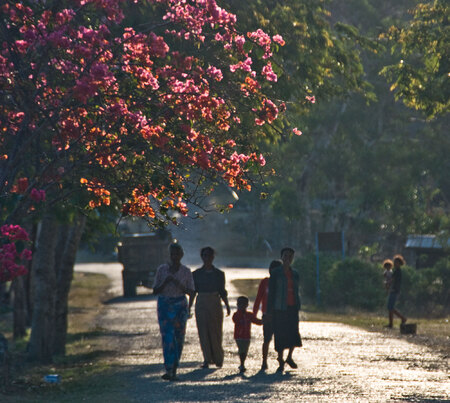There is a time-honoured tradition here in Vanuatu, requiring that nobody get too fussed over anything. It requires as well that one think twice about the inevitable repercussions before taking ownership of anything. Whether it’s for an item or an idea, a report or a plan, taking responsibility is nearly always a liability.
There are good reasons for all this, to be sure. The only way for a group to survive in a small village – on an island, to boot – is to get along. Learning to keep one’s head down, even when silence comes at a price, ensures harmony. Being quick to forgive weakness and slow to confront ineptitude has become one of the hallmarks of Vanuatu society.
But this is the single biggest impediment facing IT service delivery in Vanuatu today.
[This week’s Communications column for the Vanuatu Independent.]
Not My Problem.
There is a time-honoured tradition here in Vanuatu, requiring that nobody get too fussed over anything. It requires as well that one think twice about the inevitable repercussions before taking ownership of anything. Whether it’s for an item or an idea, a report or a plan, taking responsibility is nearly always a liability.
There are good reasons for all this, to be sure. The only way for a group to survive in a small village – on an island, to boot – is to get along. Learning to keep one’s head down, even when silence comes at a price, ensures harmony. Being quick to forgive weakness and slow to confront ineptitude has become one of the hallmarks of Vanuatu society.
But this is the single biggest impediment facing IT service delivery in Vanuatu today.

